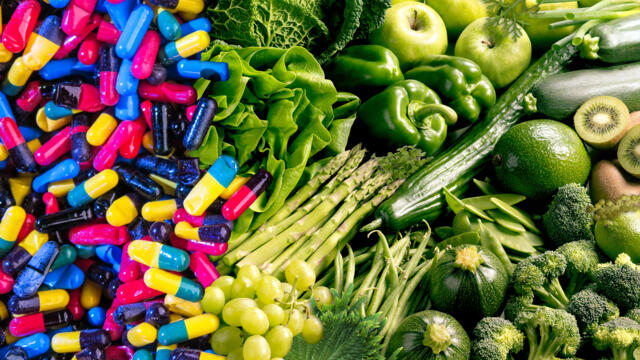The role of horticulture
Growing plants has been a process of trial and error for over 20,000 years. It is a process that requires presence and year-round care, which meant that nomadic hunters and gatherers had to, and could, stay longer in one place. Travelers took vegetable seeds to grow around the cities to feed the residents. Parts of the city were cleared for horticulture, livestock and agriculture. In other words, the ground was cleared to feed the city with fresh produce. We also call that Metropolitan Farming. For example, the Westland was originally intended to feed the surrounding cities of The Hague, Delft and Rotterdam.
When people think of horticulture, images of huge, almost factory-like greenhouses come up. This is also somewhat the case (and we are proud of that), but people sometimes do not realize how the sector offers solutions around various social themes, such as sustainable vegetable production and health. The polluting image is turning around and nowadays Dutch horticulture is internationally renowned for its strong innovative capacity. The result: large-scale, but sustainable and healthy food production for people and the planet.
